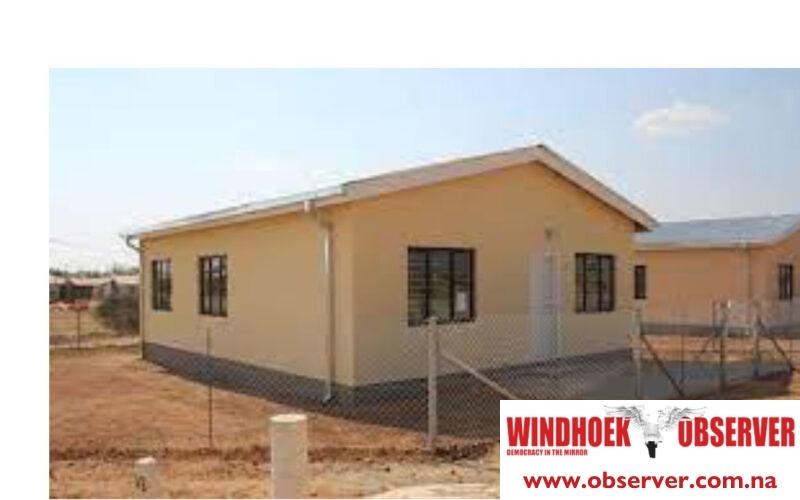Chamwe Kaira
The target set by the government of delivering 20 000 housing units by the end of 2025, remains a pipe dream and will not be met.
This is as a result of the slow pace at which the National Housing Enterprise is constructing houses.
The country’s housing backlog stands at 300 000 housing units; this means that the country needs to construct around 30 000 houses annually.
“However, it appears unlikely that this target will be met, given the current pace of construction by the National Housing Enterprise (NHE). Only 29% of this goal has been achieved, and the deadline is just two years away,” Simonis Storm commented.
The Harambee Prosperity Plan II states that to achieve higher impact that will reduce the national housing backlog, a more innovative and collaborative partnership will be required to deliver affordable housing between the public and private sector.
The action plan includes the delivery of 20 000 housing units countrywide by the end of the Harambee period, through various stake holders who include the National Housing Enterprise (NHE), Government Institutions Pension Fund (GIPF), Schack Dwellers Federation of Namibia, Ongos Valley, regional councils and local authorities and other private sector developers.
The Harambee Prosperity Plan also allocated completed Mass Housing Development Programme units at Swakopmund (505 units), Otjomuise Ext 10, Windhoek (362 units) and Opuwo (24).
The plan also includes the establishment an Urban Development Fund through bilateral cooperation with development partners to supplement funding for delivery of serviced land and housing, by 2022.
It also planned to promulgate the Rent Control Bill by the end of 2021, to enable the operationalisation of Rent Control Boards and implementation of Rent Control measures.
The construction sector, represented by the Construction Industry Federation (CIF), has advocated for
the establishment of a sector regulator since 2008, Simonis stated.
“The absence of such a regulator has led to several adverse outcomes. Additionally, some real estate agents argue that the absence of a building council hinders effective quality checks on small-scale developments, thereby negatively impacting the overall value of the country’s housing stock.”




